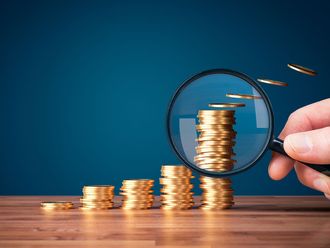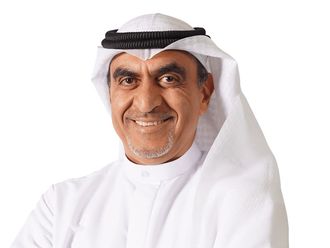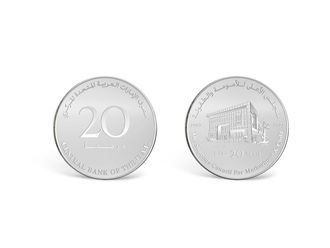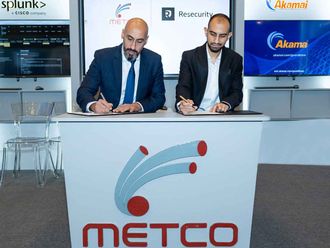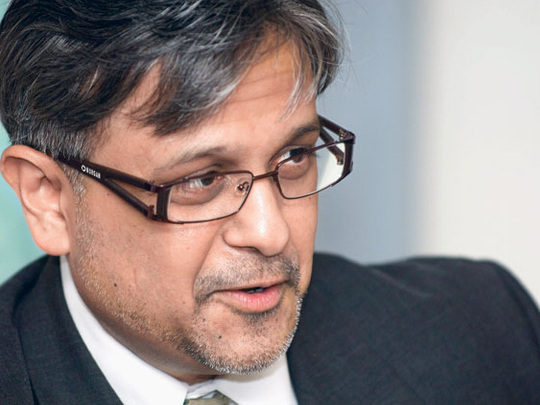
Dubai: Rushdi Siddiqui, Global Head of Islamic Finance at Thomson Reuters, will address the challenges of developing Islamic capital markets and the likely trajectory of the sector going mainstream at the Menasa Forum.
Ahead of the event Siddiqui spoke to Gulf News about the relevance of the event to the region in the context of Menasa emerging as a powerful regional economic bloc.
What is the importance of Menasa?
The world has shrunk into blocs, regions or connected growth stories and opportunities, like Brazil, Russia, India and China (Bric), Association of South East Asian Nations (Asean), European Union (EU), Gulf Cooperation Council (GCC) and more.
Menasa is Middle East North Africa South Asia and its 22 countries. We're seeing the economic power in this post-credit crisis period shift towards east, and for Middle East generally, and GCC, specifically, neighbouring South Asia, the historical link to India, Pakistan, Sri Lanka is a natural, considering the following associations that have existed for centuries:
- Interaction of labour from South Asia to the Mena region
- Coastal trade routes resulting in transference of common cultural and religious trait
- Education, where citizens of the Gulf have been to India for higher education
Beyond, the historical connection, what is the compelling economic or strategic need of the hour between the Middle East and South Asia?
It's a linkage growth story, combining the sovereign wealth funds (SWFs) of the Mena region to the economic growth story of, say, India, hence, the economic paradigm shift towards this region from other emerging markets and some of the Western markets.
Markets like Pakistan, Bangladesh, India and Sri Lanka present interesting investment opportunities, as can absorb liquidity inflows on infrastructure projects that have meaningful GDP growth.
In addition, South Asia has a natural pool of both skilled and unskilled labour that can form the basis of investment interaction between capital rich Gulf and population rich South Asia.
Menasa concept is not a new story, why now for Thomson Reuters?
It goes with our beliefs, Knowledge to Act, we have vast amounts of data about countries, capital markets, and financial instruments, but comprehensive coverage is just the beginning.
How to make sense of such data into value proposition for our clients, existing and potential, and show thought leadership?
Thus, taking the existing Menasa concept, and, as my mandate is both Islamic and OIC countries, providing value by packaging in a way that has value for our users seeking better understanding and opportunities.
Beyond Menasa, Thomson Reuters has other Gateways, why?
Beyond Menasa, the Islamic Finance Gateway also has OIC Gateway, Silk-Road Gateway, and G-20 Gateway, as we see much happening in Islamic finance in these countries.
The interesting part on, say, OIC Gateway, is with enough information that is reliable on the Muslim countries in one place, it should encourage not only intra-OIC trade and investment, one of the objectives of the Islamic Development Bank, but also facilitate easier and efficient dialogue on Islamic finance amongst the Muslim countries wanting to introduce Islamic finance (Azerbaijan, Kazakhstan, Gambia, etc) from their brethren that have years of experience in Islamic finance (Malaysia, Bahrain, UAE, Saudi Arabia).
What may be some benefits of Menasa?
I hope the index providers create a Menasa Index and ensuing funds and ETFs, as it combines the petro story of the GCC, emergence of North Africa, and the vastness of South Asia.
Other developments may include a Credit Default Swap index for Menasa, coverage by stock market analysts and strategists, academic papers, more conferences/seminars. It would be very interesting to hear about interest in free trade agreement for Menasa.


